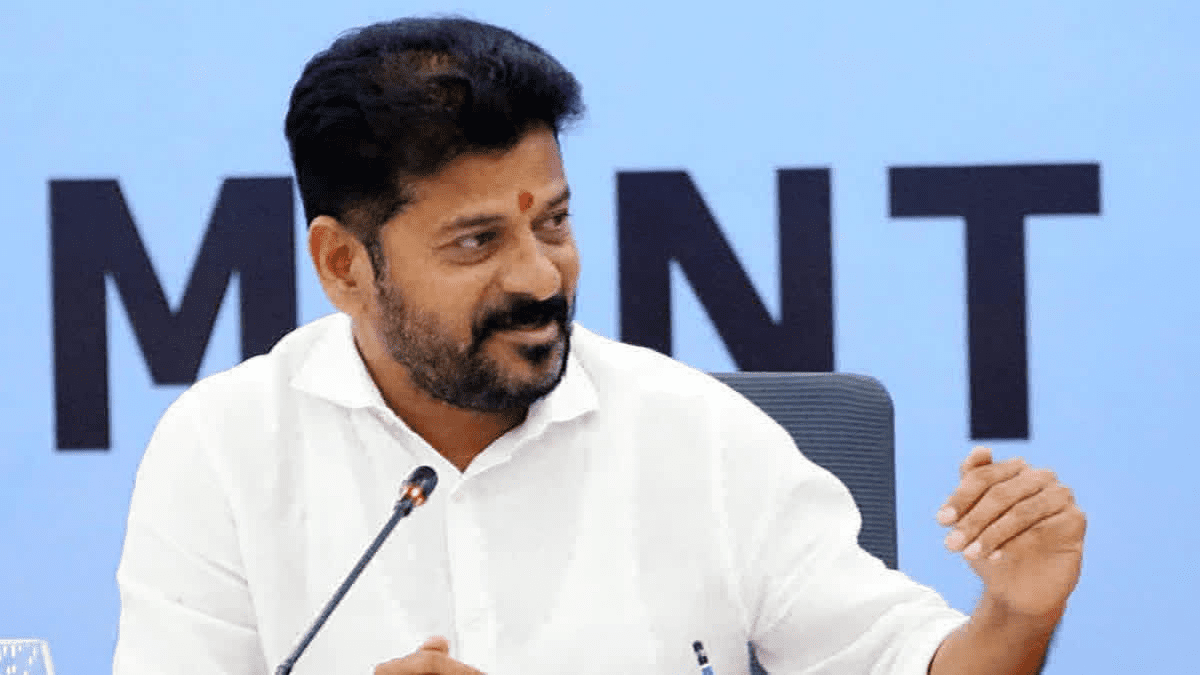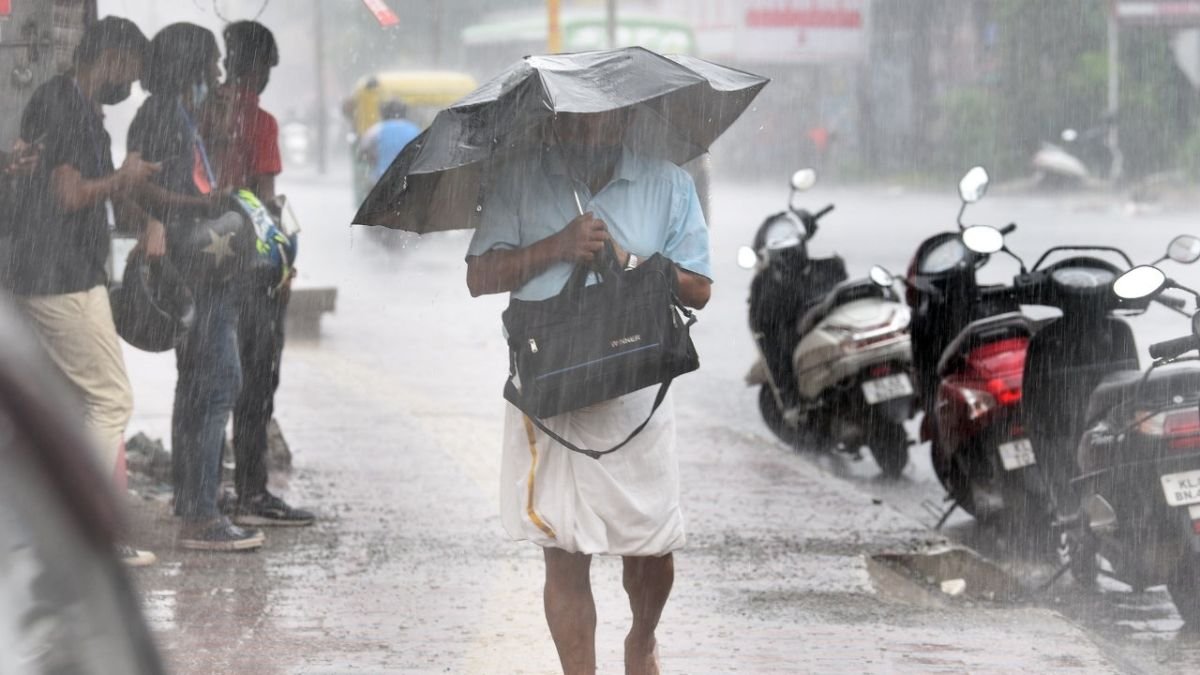
Key Highlights:
On Thursday, the Supreme Court expressed significant displeasure over Telangana Chief Minister A Revanth Reddy’s recent controversial remarks made during an assembly session. Reddy stated explicitly that there would be no bye-elections in the state, even if members of the Bharat Rashtra Samithi (BRS) defected to other parties. This statement led to a heated discussion in the apex court, prompting sharp judicial criticism.
Background of the Controversy
The Supreme Court bench, comprising Justices B R Gavai and Augustine George Masih, reacted sternly to Chief Minister Reddy’s comments. Their remarks referenced a previous incident in which the court had shown restraint despite disapproving of Reddy’s earlier comments concerning rival BRS leader K Kavitha. Kavitha had been granted bail by the Supreme Court in a case connected to the alleged Delhi excise policy scam.
The court’s displeasure was particularly evident in its pointed question, “Did we commit a mistake by letting him go at that time and not taking action for contempt?” This highlighted the judges’ clear frustration with Reddy’s repeated disregard for judicial sensitivities.
The Core Issue: Delay in Deciding Disqualification Petitions
At the heart of the Supreme Court hearing was the issue of alleged delays by the Telangana Assembly Speaker in adjudicating petitions seeking the disqualification of 10 BRS MLAs who had defected to the Congress party. The court reserved its judgment after extensively hearing arguments presented by both sides.
Senior advocate C A Sundaram, representing petitioner and BRS leader Padi Kaushik Reddy, brought forth transcripts of Chief Minister Reddy’s assembly remarks. Sundaram described Reddy’s comments as shocking, emphasizing that despite explicit warnings from a BRS MLA about pending legal proceedings, the Chief Minister proceeded to assert, “Mr. Speaker, I am telling on your behalf to everyone present in the assembly that they need not worry about any bye-elections in future. No bye-elections will come.”
Judicial Observations: Need for Restraint
The Supreme Court emphasized that Chief Minister Reddy, given his previous experience with judicial criticism, was expected to exercise a greater degree of restraint. Justice Gavai explicitly stated that the judiciary exercises significant self-restraint in its interactions with the executive and legislature, expecting similar reciprocal respect. The court made clear its expectation that the Chief Minister should avoid making statements undermining constitutional provisions and pending judicial matters.
Constitutional Implications: The Tenth Schedule
The Supreme Court bench further questioned the legislative practices concerning the handling of disqualification petitions under the Tenth Schedule of the Constitution. Expressing concern over the extended delays, the bench asked rhetorically whether such disqualification petitions should be allowed to “die a natural death,” effectively rendering the constitutional provision meaningless. The Tenth Schedule, enacted to curb political defections, mandates timely action by legislative authorities on disqualification matters.
Calls for Defining a Reasonable Period
Addressing the issue of delayed proceedings, advocate Sundaram argued passionately for the Supreme Court to define a reasonable timeframe for the Speaker to decide on disqualification petitions. Sundaram described the prolonged delays as an “extraordinary situation,” pleading for judicial intervention to enforce accountability within legislative processes.
The court echoed these concerns, questioning the Assembly Speaker’s rationale for taking nearly ten months merely to issue notices regarding the disqualification petitions. Such extensive delays were perceived by the court as undermining the fundamental purpose of the Tenth Schedule, potentially facilitating political maneuvering to bypass anti-defection laws.
Supreme Court’s Stance on Legislative Accountability
Throughout the proceedings, the apex court underscored the importance of legislative accountability and respect for constitutional norms. Justice Gavai, speaking pointedly, noted that Chief Minister Reddy’s remarks undermined the sanctity and seriousness of the legislative and judicial processes. By openly declaring that no bye-elections would be held despite potential defections, Reddy was perceived as trivializing constitutional safeguards against political instability.
Implications for Legislative Practices
Chief Minister Reddy’s statements sparked a broader debate over legislative ethics and accountability in Telangana. Critics argue that such declarations from the state’s highest executive authority could significantly erode public trust in democratic institutions and the rule of law. Advocates for transparency and constitutional governance have called for stricter guidelines and clearer accountability mechanisms for legislative conduct.
Potential Legal Consequences
Given the court’s strong remarks and reference to potential contempt proceedings, Chief Minister Reddy could face increased judicial scrutiny and possible legal actions. Legal experts suggest the apex court’s explicit displeasure signals heightened vigilance over future legislative conduct, potentially setting a stringent precedent for interactions between state executives and judicial authorities.
Broader Political Reactions
The judicial rebuke has reverberated across Telangana’s political landscape, drawing responses from various political parties and civil society organizations. Opposition parties criticized Reddy’s stance as indicative of authoritarian tendencies, while Reddy’s supporters defended his comments as politically misconstrued.
Political analysts highlight this controversy as potentially influential in shaping public perception and electoral dynamics in Telangana, particularly regarding respect for constitutional norms and democratic practices.
The Supreme Court’s explicit criticism of Telangana Chief Minister A. Revanth Reddy’s assembly remarks represents a critical moment emphasizing the judiciary’s role in maintaining constitutional integrity. The apex court’s observations underscore the necessity for restraint and accountability within the executive and legislative branches, emphasizing adherence to constitutional principles and democratic norms. As the verdict on the disqualification petitions remains pending, this controversy continues to draw significant attention, highlighting broader implications for legislative accountability and political stability in India.
The Hindustan Herald Is Your Source For The Latest In Business, Entertainment, Lifestyle, Breaking News, And Other News. Please Follow Us On Facebook, Instagram, Twitter, And LinkedIn To Receive Instantaneous Updates. Also Don’t Forget To Subscribe Our Telegram Channel @hindustanherald







